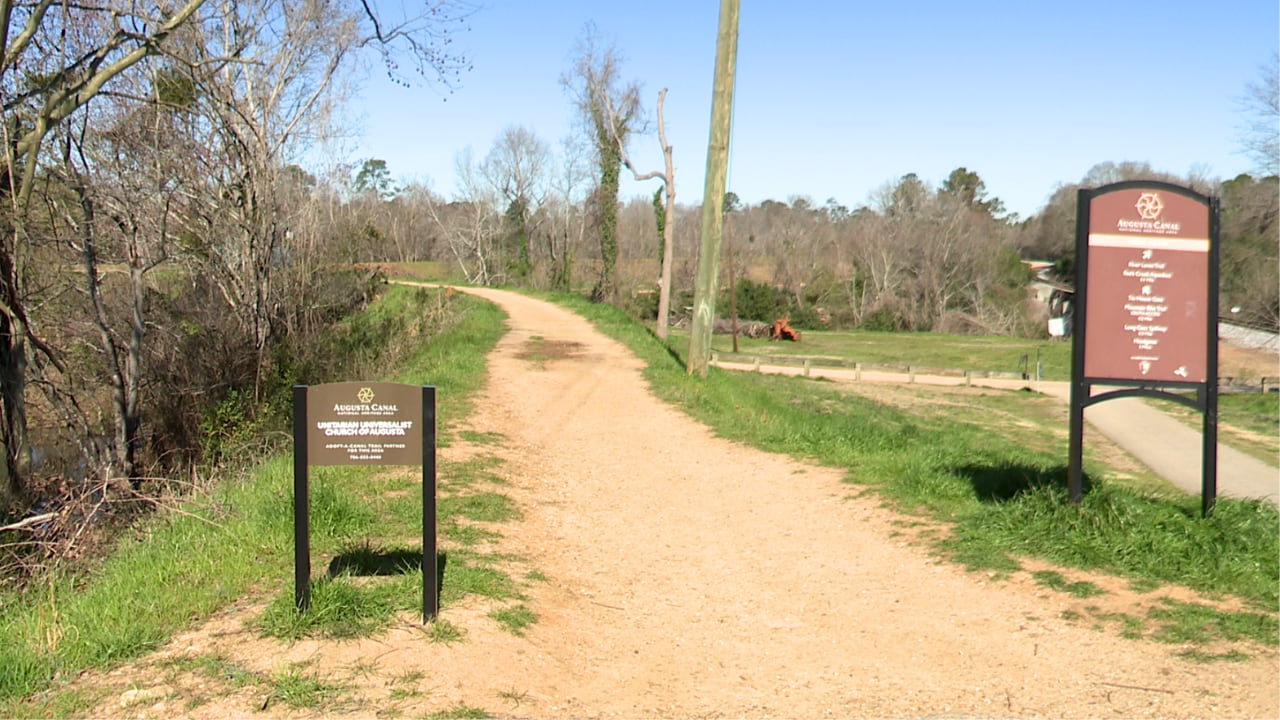Grovetown will hold special meeting to consider homestead exemption vote
GROVETOWN, Ga. (WRDW/WAGT) - Local governments are still considering whether to opt in or out of the controversial homestead exemption in Georgia.
The city of Grovetown will hold a special called meeting to consider and vote upon whether the city will “stay in” or “opt out” of House Bill 581, Statewide Floating Homestead Exemption.
The meeting will be open to the public and will be livestreamed via the city’s Facebook page on Thursday at 6 p.m.
What does homestead exemption law mean for you?
With the new year comes new laws and one such law in Georgia has to do with protecting homeowners from big spikes in property tax values.
The Columbia County Board of Education voted 3-2 in favor of opting out of the Homestead Exemption Act nearly two weeks ago.
More than 60% of voters in November said yes to the homestead exemption question on the ballot, which could put a cap on tax hikes on your home.
But the bill allows local governments, cities and school boards to opt out.
This is why the board of education told us last month, that they were weighing all options.
“We get about 60% of our revenue from the state of Georgia and then we get the other 40% from local taxes, mainly our millage rate,” said Steven Flynt, Columbia County superintendent. “And so that 40% is really what we’re talking about with this.”
The law establishes a floating homestead exemption, which limits the annual increase in property tax assessments on homestead properties to the rate of inflation for the previous year.
Columbia County leaders postpone vote on tiny cottages
Columbia County commissioners voted to postpone a vote on approving the land development contract to bring more than 100 tiny cottages to Mullins Colony in Evans.
“You are going to have a major problem with price increases, residential taxes, non-homestead taxes and business taxes,” says one Columbia County resident. “It all depends if Columbia County wants to have growth.”
However, the law has a way out for local municipalities.
Counties can announce their plans to opt-out, which then triggers the need for at least three public hearings.
After those hearings, governments and school districts will vote on whether to opt in or out.
It’s all about House Bill 581.
“It’s a very complex bill,” said Scott Johnson, county manager for Columbia County. “It’s not just as easy as saying we’re going to give everybody a tax break.”
Leaders like Johnson say it’s not as easy as 1-2-3.
Construction to begin on new trail, pedestrian bridge at Augusta Canal
Soon, construction will begin on a $2.5 million access trail to the Augusta Canal from behind Top Golf and Bass Pro Shop on Riverwatch Parkway.

“In a lot of instances, House Bill 581 does not give a tax break,” said Johnson. “So capping the assessments does not in itself create a tax break.”
But there’s only one way the sales tax can be an option for voters in November.
“Everybody has to opt in,” said Johnson. “If anybody opts out, not counting the school board, the school board’s completely independent, they don’t get the sales tax. But to get the sales tax, the county, and in our case, Harlem and Grovetown would all have to opt in for us to even be able to ask the citizens for the sales tax. Any entity opts out, all are out.”
That’s where leaders are hitting another roadblock.
“Grovetown and Harlem have to decide by March 1, whether they’re going to opt in or opt out,” said Johnson. “Then we will not know if we get the sales tax in place until November, so that creates a divide there, not understanding if we’re going to be able to replace that revenue.”
HOW WE GOT HERE
House Bill 581: What prompted the referendum?
- The measure came after lawmakers fielded complaints about rising property tax bills. From 2018 to 2023, the total assessed value of property across Georgia rose by nearly 61%, according to figures from the Georgia Department of Revenue. Most governments pocketed increased revenues even as they lowered tax rates, boosting employee pay and other spending. Statewide property tax collections rose 44% from 2018 to 2023.
Copyright 2025 WRDW/WAGT. All rights reserved.















